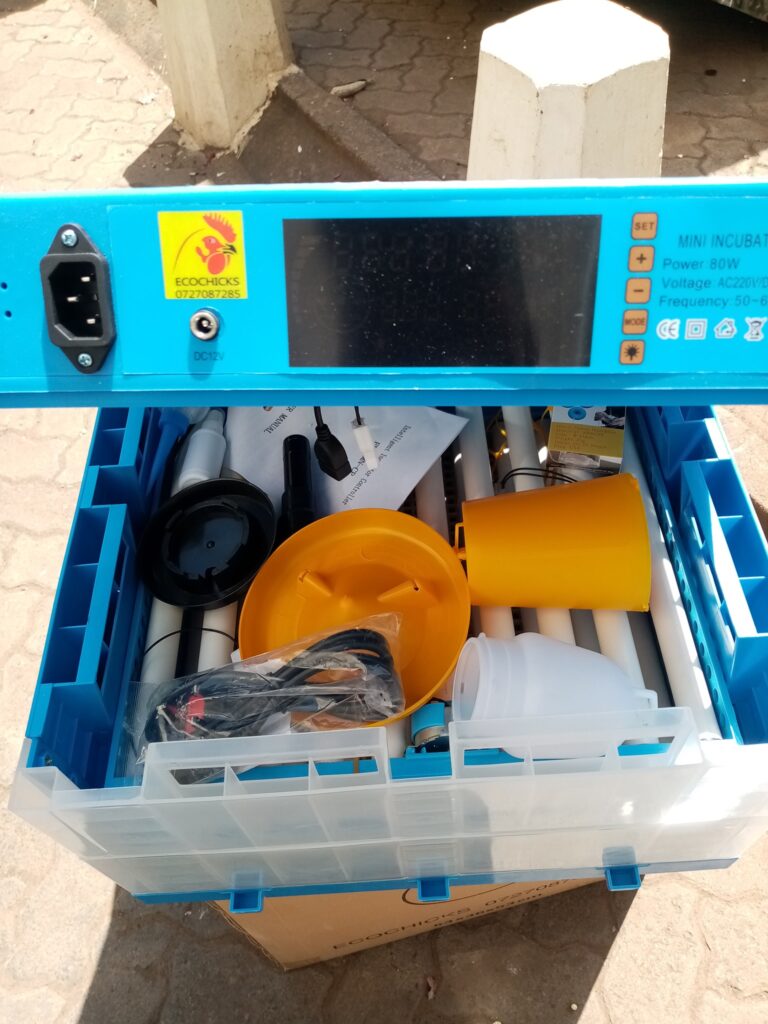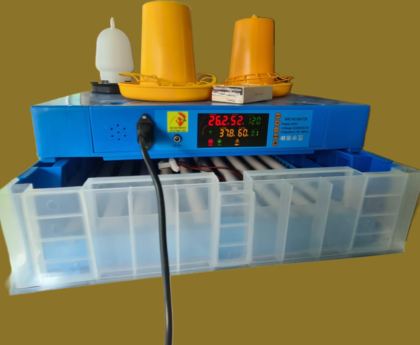Temperature plays a critical role in the incubation of eggs, as it directly affects the development of the embryo inside the egg. Here’s how temperature affects incubation:
- Embryonic Development: The temperature inside the incubator should be carefully controlled because it directly affects the embryonic development inside the egg. The ideal temperature for incubating chicken eggs is between 37.5°C to 38°C (99.5°F to 100.5°F). If the temperature is too low or too high, it can delay or disrupt embryonic development.
- Hatching Time: The temperature during incubation affects the hatching time of the eggs. If the temperature is too low, it can delay hatching, while if it’s too high, it can cause early hatching. The ideal incubation period for chicken eggs is 21 days.
- Abnormalities: Fluctuations in temperature can cause abnormalities in the developing embryo. For example, if the temperature is too low, it can cause the embryo to develop slowly or die. If the temperature is too high, it can cause deformities, such as curled toes or twisted beaks.
- Egg Turning: During incubation, it’s also important to turn the eggs regularly to ensure that the embryo develops properly. Temperature affects the egg turning frequency as it can affect the embryo’s position and orientation inside the egg. The ideal frequency for egg turning is at least three times a day.
In summary, temperature is a critical factor in the incubation of eggs. Farmers should ensure that the temperature inside the incubator is carefully controlled and maintained within the ideal range to promote healthy embryonic development and hatching.


